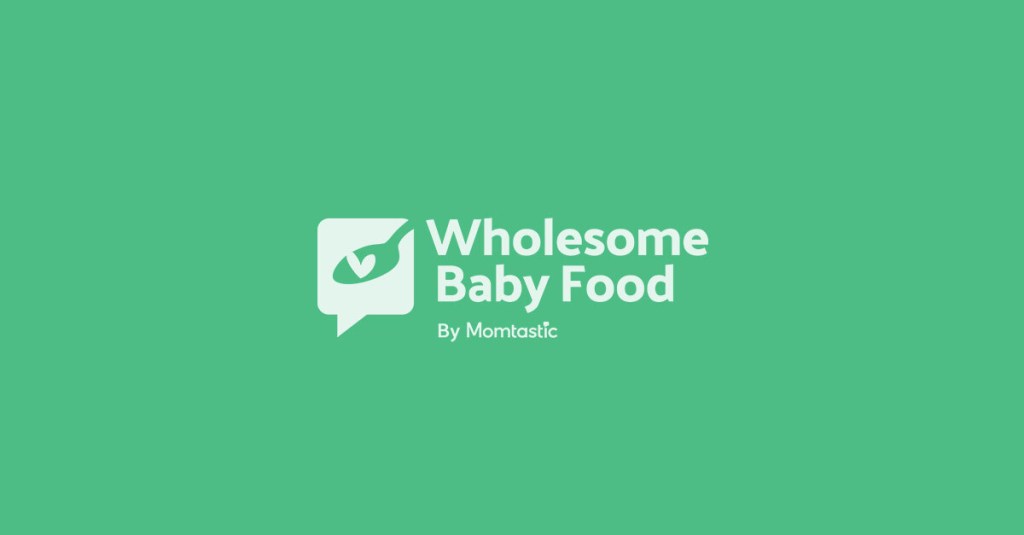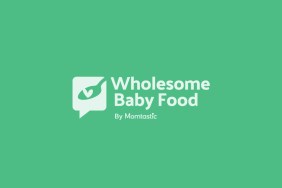Wheat Allergies and your Baby – When Can Your Baby Have Wheat?
Wheat, along with dairy products, is one of the most confusing of the foods that we introduce to our babies. Since wheat is an allergen, we are often of the belief that it should be avoided in our baby’s diet until after 12 months old – as other allergenic foods often are. This belief however, is not based on most current pediatric recommendations.
A few sources do say to not introduce wheat until after 1, 2 or even 3 years old. The majority of sources however indicate and agree that wheat may be introduced around the age of 7-9 months old (see below concerning earlier introduction). It is best to wait to introduce wheat until you are certain that your infant has no reactions to rice, oats or barley.
Most pediatricians will say that wheat should be introduced only after other grains have been introduced. This, in theory, will allow you find out if your baby has any sensitivity to grains. Following this method does not guarantee that your little one will not have a reaction to wheat – but – it will indicate if you need to watch for grain sensitivities. We agree that it’s not a perfect method or practice.
Most babies will be exposed to gluten when they are introduced to barley or oat cereals between 4 and 7 months of age. Please keep in mind that oats do not naturally contain the same gluten that wheat does. Oats may become cross-contaminated with gluten during processing.
What age can I introduce wheat to my baby?
When your baby turns 8-9 months old, you may begin to introduce wheat products such as wheat germ, wheat toast, mixed grain cereal with wheat (aka farina) or whole grain breads which include wheat. PLEASE be sure to consult with your pediatrician if you are in doubt and unsure about wheat for your baby. This is very important as your infant may have a special situation and the general recommendations may not apply.
Please keep in mind that this recommendation is based on the assumption that your baby has not shown any food sensitivities. It is also based on the assumption that neither parent has any wheat allergies/celiac disease or a family history of same.
What about Early Introduction of Wheat to Avoid a Wheat Allergy or Gluten Intolerance?
In 2006, a study published in the journal Pediatrics, there was a conclusion that the “Timing of cereal-grain exposure was associated with wheat-allergy development. Delaying exposure until after 6 months was associated with an increase risk of wheat allergy, not a protective effect. In addition, these findings confirm the role of family history of allergy as a predictor of food allergy outcomes in children. Our results support continuing the current recommendations of first introducing cereal products between 4 and 6 months of age”.
Of interest to us is that the study notes several reasons why this increased risk might be found. Noteworthy is that “Another possible explanation for why late introduction of cereal grains was associated with wheat allergy is that when wheat is introduced to an older child, it tends to be introduced in greater amounts.18 We can speculate that a large antigen load may have resulted in T-cell activation instead of anergy or tolerance.”
Dr. Greer notes in an interview with Medscape Pediatrics that, “European recommendations came out the same month that ours did, that if you introduce wheat between 4 and 6 months of age, your baby will be less likely to have a gluten allergy.[1] We didn’t go that far. This is one of the very few areas where ESPGHAN [European Society for Paediatric Gastroenterology, Hepatology and Nutrition] policy differed from the AAP’s January [2008] statement.
What are some symptoms of an egg allergy
- Allergic rhinitis
- Asthma
- Dermatitis
- Diarrhea
- Gastrointestinal symptoms
- Hives
- Nausea
- Oral allergy syndrome (symptoms appear around the mouth, lips and throat)
- Vomiting
- Wheezing
- Anaphylaxis
Introducing Allergenic Foods such as wheat
Recommendations for introducing commonly allergenic foods to baby are changing! A 2008 study, and many studies done after, indicated that waiting to introduce allergenic foods to your baby may not prevent any atopic (i.e. ezcema) disease(s). Many are now suggesting that babies may be introduced to any food, right from the start (for those with no known history of food allergies and/or gluten intolerance (celiac disease).
“Although solid foods should not be introduced before 4 to 6 months of age, there is no current convincing evidence that delaying their introduction beyond this period has a significant protective effect on the development of atopic disease regardless of whether infants are fed cow milk protein formula or human milk. This includes delaying the introduction of foods that are considered to be highly allergic, such as fish, eggs, and foods containing peanut protein.” Click to view report
A recent interview with Dr. Greer in Medscape Pediatrics notes that “Now we can tell mothers: If you have exclusively breastfed for 4 months and your child is not at risk for allergy, you can introduce any food at 6 or 8 months or whatever.”
While there is some evidence that it is better to introduce baby to wheat between 4 and 7 months of age, we recommend that you thoroughly consult with your pediatrician about this!
Always consult with your pediatrician about introducing solid foods to your baby Remember, always consult with your pediatrician regarding introducing solid foods to your baby and specifically discuss any foods that may pose allergy risks for your baby.

